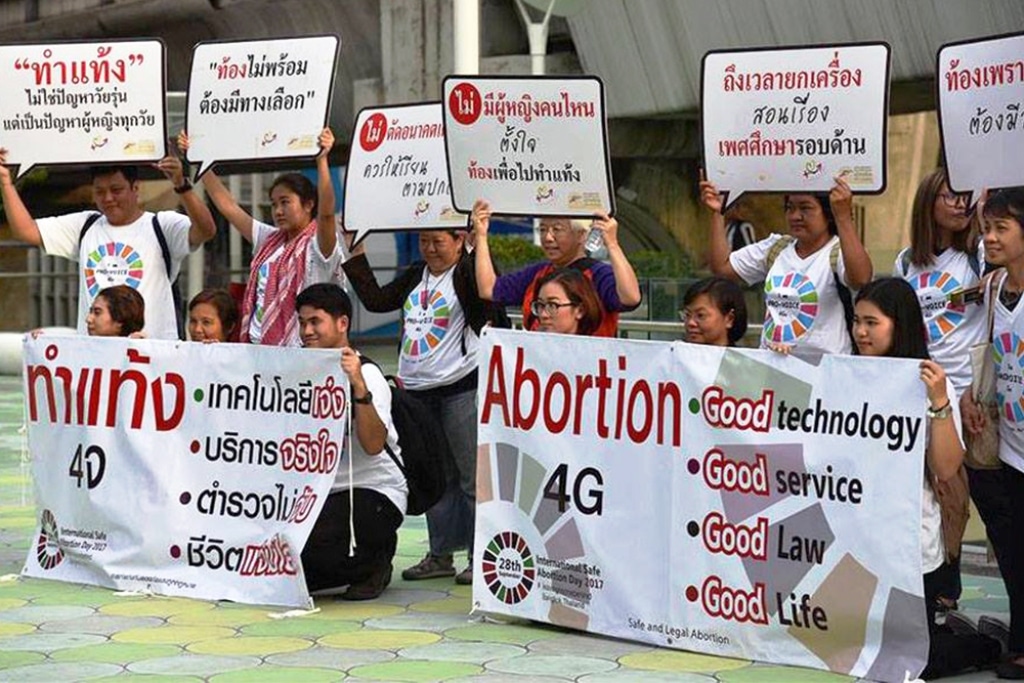

The fight for legalization began decades ago, but it gained traction only as more women became lawmakers and a massive grass-roots effort shifted the conversation.
BUENOS AIRES — It was just two years ago that the organizers of a stirring women’s movement in Argentina were handed what felt like a bitter loss, their efforts to legalize abortion rejected in the Senate after intense lobbying by the Catholic Church.
This week, after their efforts culminated in a landmark vote to make Argentina the largest Latin American country to legalize abortion, it became clear that the loss was a vital step in further changing the conversation around feminism in their country.
“We managed to break the prejudice, and the discussion became a lot less dramatic,”
said Lucila Crexell, who was among the senators who voted to legalize abortion on Wednesday. She was one of two lawmakers to abstain in the 2018 vote.
“Society at large started to understand the debate in more moderate, less fanatic terms.”
The shift was visible on the street: What started as a series of marches by young women had, over the past few years, started looking like a truly national movement. Older women joined the demonstrations, and men, too. Blue-collar workers joined with professionals in marching, and rural campaigners linked hands with the movement’s urban base.

Women’s rights advocates and thousands of their allies vowed to continue fighting a near-total ban on abortions that came into effect on Wednesday.
Women’s rights advocates and allies in Poland vowed on Thursday to continue to fight a near-total ban on abortion, calling it a breach of human rights and a sign that the country is regressing.
The constitutional court ruling, which abruptly came into effect Wednesday night, tightened Poland’s already restrictive laws to further ban abortions in cases of fetal abnormalities. It immediately spurred thousands of outraged Poles to take to the streets to express their defiance, despite limits on public gatherings because of the coronavirus pandemic.
“This decision is a declaration of war,”
Marta Lempart, a protest organizer, said in an phone interview on Thursday.
When the ruling was first announced in October, it set off a month of protests on a scale not seen since the 1989 collapse of communism.
It was unclear precisely why the government, after delaying implementation of the ruling for months in the face of the protests, moved suddenly to bring it into legal force on Wednesday. The move came as Poland is struggling through the economic repercussions of the pandemic, a partial lockdown and a sluggish vaccine rollout.
Women who end a pregnancy after 12 weeks could still face prison or fines. Abortion rights advocates say more change is needed.
BANGKOK — Thailand’s Parliament has voted to make abortion legal in the first trimester, while keeping penalties in place for women who undergo it later in their pregnancies.
Lawmakers in the Senate voted 166 to 7 on Monday to amend a law that had imposed prison terms of up to three years for anyone having an abortion, and up to five years for those who perform one. The new version allows any woman to end a pregnancy in the first 12 weeks.
Advocates say the measure doesn’t go far enough: Anyone in Thailand who has an abortion after 12 weeks, except under conditions set by the country’s Medical Council, still faces potential fines and up to six months in prison.
"For us, this law is not a real development,”
said Matcha Phorn-in, the executive director of Sangsan Anakot Yawachon, a nonprofit organization in Thailand that advocates women’s rights.
“To make this kind of law, you have to prioritize women’s participation, especially women who have experience having abortions,”
she added.
"The deliberation process gave roles to lawmakers and human rights lawyers, but there are no women who had experience with abortion or activists in the process.”

